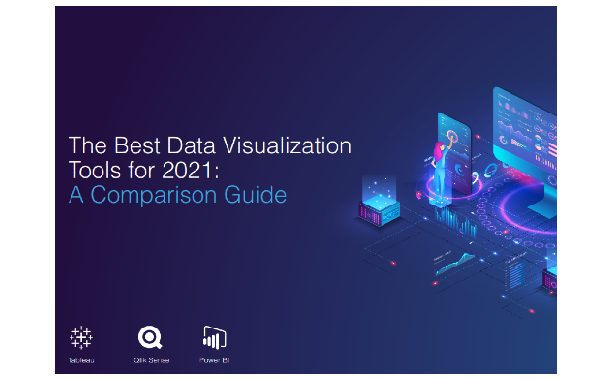Data & Analytics Strategy is often seen as the remit of the IT department. They are the custodians of the data within an organisation so they must know the insights that need to be extracted from that information, right?
Companies that have realised the most value from their Data & Analytics strategy know that the wider business must take a level of ownership for it to be a success.
Why? Because the Data & Analytics Strategy is key to driving an organisation’s business insight. If there is a lack of departmental ownership, it’s likely the wider business will not get the key insight they need or expect and will not be able to access or visualise that insight in a manner that suits them.
This is the one of the reasons why a review by Inciper focuses not only on the technical aspects of Data & Analytics Strategy but also strives to ensure that there is a joint accountability for business intelligence across the whole organisation.
Free Download: The Best Data Visualization Tools for 2021.
In our comparison guide we compare Power BI, Tableau, & Qlik Sense, helping you determine which is the best for you. Download the guide here:
We see several common themes when we undertake Data & Analytics strategy reviews;
- The strategy is too tech-focused and not easy to understand by the business.
Too much technical jargon is a sure-fire way to ensure the departmental buy-in required will be difficult to obtain. This can also be the first indication that the organisational data model is likely to have too much technical focus. The D&A strategy should also compliment other business and IT strategies, policies and initiatives, for instance Information Security or Master Data initiatives. - Key metrics that the business wants to measure to assess performance are not considered.
The Data & Analytics strategy should align to the overall Business Strategy to ensure there is no disconnect between the insight the business needs and the outcomes of any D&A initiative. - Business value realisation / ROI not considered.
As with any business case for Data & Analytics investment, the overall strategy should consider the value that the insight gained by the business will have. A lack of consideration in this area suggests the strategy is not sufficiently business-centric. - The BI Delivery Model is defined by the IT department in isolation.
If the strategy is written by IT, the organisational BI delivery model will likely be driven by the appetite of the IT department to govern the overall Data & Analytics landscape rather than the needs and capabilities of the business for self-serve reporting. - Organisational structure is often not considered.
Similar to the delivery model, the organisational structure to support Data & Analytics (often called the Competency Centre or Centre of Excellence) should strike a balance between technical and business support to ensure that embedment, adoption and the long term success of Data & Analytics are recognised as being as important as any technical implementation. - Lack of a roadmap, or the roadmap is unachievable within the organisation.
A common aspiration for many organisations is to leverage the value that advanced analytics or AI/ML can bring to decision making. The roadmap should ensure the foundations are put in place to drive the advance in analytics maturity needed to support more advanced initiatives.
Maybe some of the above points ring true, or maybe you’re wondering whether there’s a better or easier way to achieve business insight through Data & Analytics. If so, Inciper can support you in defining what a best-fit strategy looks like for your organisation. We will ensure you realise business value early without sacrificing the long-term vision to implement a platform for success in your organisation.



